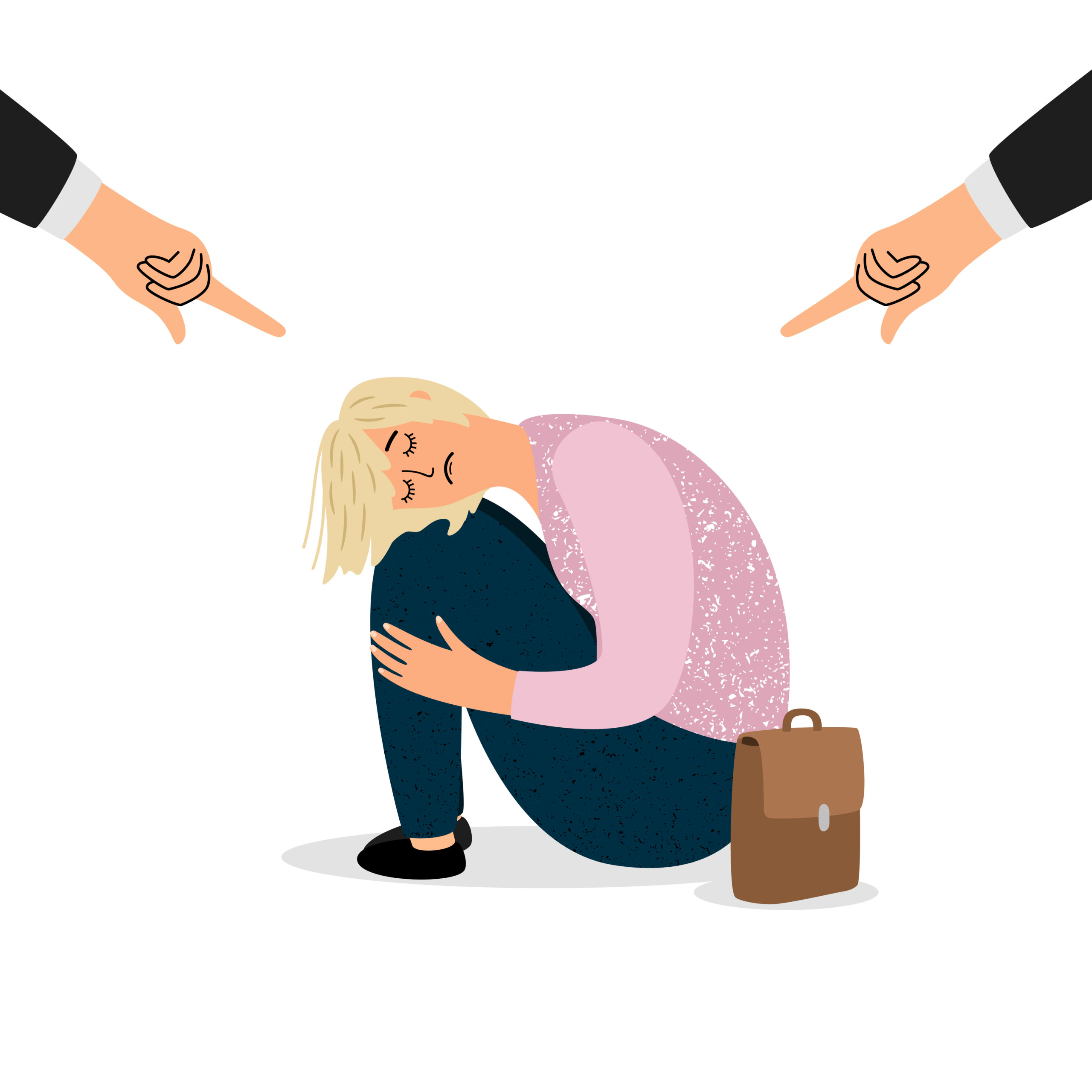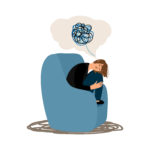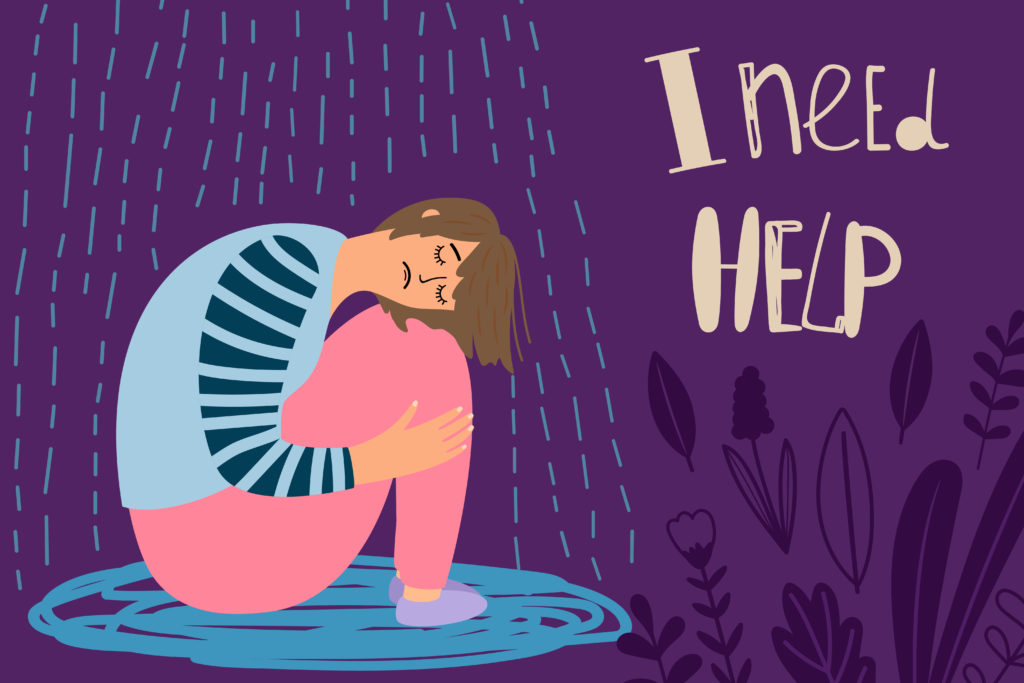
Bullying
Bullying can affect the physical and emotional health of teenagers, both in the short term and later in life. It can lead to bodily injury, social problems, and psychological problems within a teenager’s life. Teens who are victims of bullying have a higher risk of mental health problems, including depression and anxiety. Bullying behavior should be taken seriously. Early intervention in teenage bullying can help prevent its long-term mental health consequences. Being bullied frequently by other teens is a traumatic experience. Bullying typically happens when your teen is not in your care or watch. Places like school, sporting events, activity locations, parks, playgrounds, lunchrooms, etc. Your teenager may not approach you directly if they are being bullied. They may be embarrassed or scared. Here are some common signs a child may be a victim of bullying:
- Unexplainable injuries
- Lost or destroyed personal items
- Frequent feelings of being sick (or pretending to be)
- Changes in eating habits and sleeping patterns
- Avoidance
- Decreased self-esteem
Teenagers will always be faced with people in their life that may be difficult to handle. It’s essential to allow them to learn coping skills when handling these people. However, a bully is someone who not only makes them uncomfortable but who is using power and manipulation to attack (either verbal or physical) intentionally. There is a difference between someone just being mean and someone who methodically plans out ways to single out and hurt your teenager.
My Child Is A Bully
A teenager who often bullies doesn’t have a shortage of friends. In reality, they usually have a vast network of friends and a smaller, intimate group that encourages bullying behavior. Certain behaviors tend to correlate with bullying. Bullying stems from low self-esteem and low confidence. Instead of internalizing these feelings, they act out toward others to gain a false sense of superiority over those around them. Teenagers who are hot-tempered, easily frustrated, impulsive, prone to fighting, and lack empathy toward others have a higher risk of being a bully. Studies have shown that people who bully do so for a variety of reasons. They often find someone who will not stand up to them and target those who have low self-esteem, and they are relentless in their execution.
Occasionally, children who have been the target of bullying will become bullies to regain some control over their lives since they never learned healthy coping mechanisms. If you have been approached by teachers, school counselors, or other parents about your child presenting bully-like behavior, they may need professional counseling. No parent wants to hear that your child is a bully. Bullying is also a severe issue for the aggressor, and if not controlled, the teen may face long-term problems in the adult lives.
Taking the Next Steps
During sessions, your teen and I will discuss the primary concerns that are occurring when faced with a bully/why they feel the need to bully others. A session lasts 50 minutes. Therapy can provide a fresh perspective on a difficult problem, when it comes to all aspects of bullying, causing anxiety and or depression and bullying, then point the teen in the direction of a solution. Our goal is to find healthier solutions to solve their problems.



